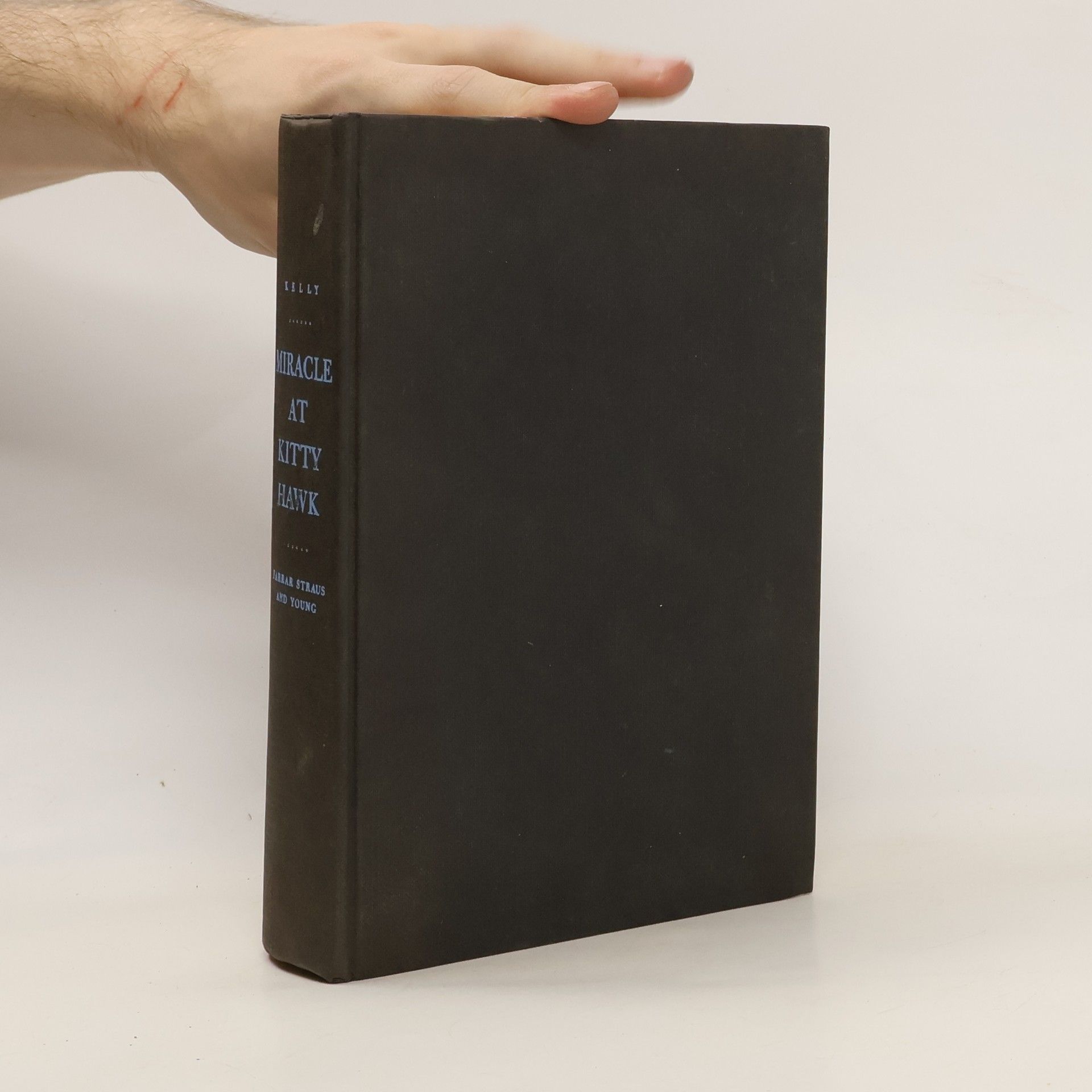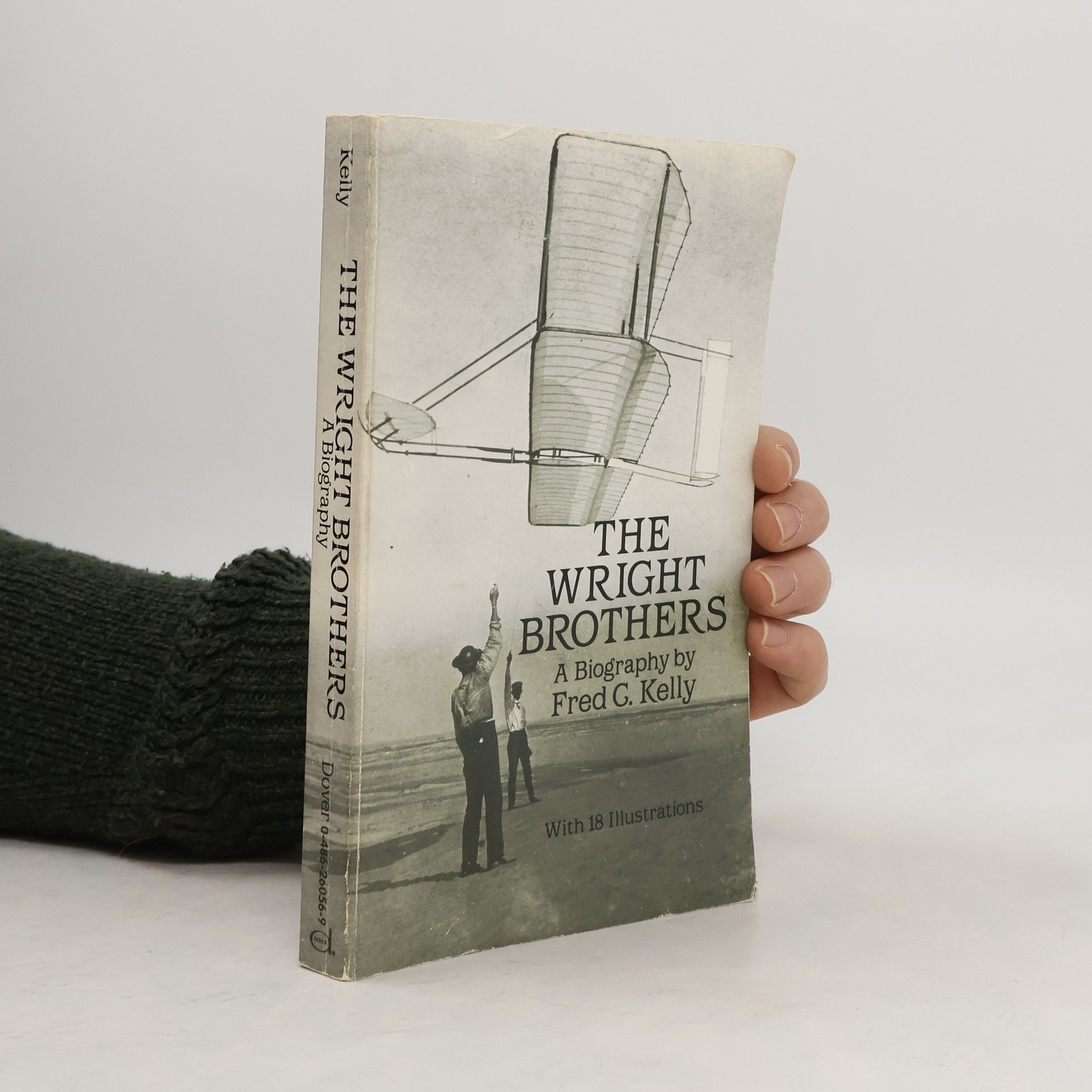In this fascinating, highly readable biography, Fred C. Kelly, a former newspaperman, author, and an old friend of the Wrights, tells the story of the two brilliant, dedicated, flight-obsessed bicycle mechanics from Ohio who first realized mankind's age-old dream of conquering the skies. Long considered the definitive Wright biography (the manuscript was read and approved by Orville Wright), this book recounts the Wrights' small-town boyhood, their early interest in all things mechanical, the establishment of the Wright Cycle Shop, and the complete behind-the-scenes story of how they designed, built, tested, and flew (December 1903) the first "Flyer."Enhanced with sixteen rare photographs, Mr. Kelly's engaging account avoids minute technical description, yet describes simply and clearly the technological innovations that enabled the two brothers to succeed where so many others had failed. Anyone interested in the mechanics of flight or early aviation will find this volume a splendid introduction to the Wright brothers and their epochal achievement.
Fred C. Kelly Knihy
Fred C. Kelly byl novinář, který se proslavil svým sloupkem "Statesmen, Real and Near", prvním syndikovaným zpravodajským sloupkem z Washingtonu, D.C. Jeho psaní se vyznačovalo humorným nadhledem a hlubokým zájmem o klíčové postavy a události své doby. Kromě žurnalistiky se Kelly věnoval biografiím a hrál významnou roli v návratu prvního letounu Wright Flyer do Spojených států, čímž přispěl k zachování letecké historie. Jeho díla nabízejí jedinečný pohled na americkou historii a osobnosti, zprostředkovaný bystrým pozorovatelem a oddaným historikem.

